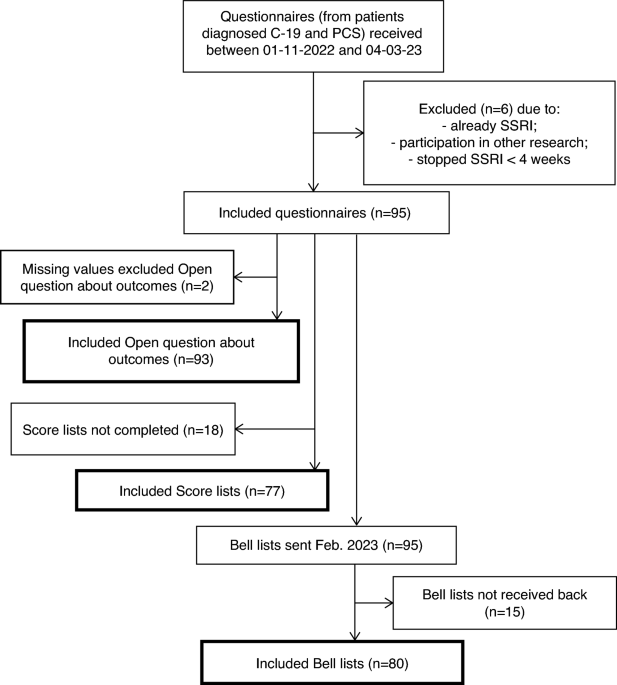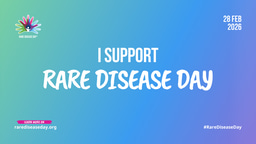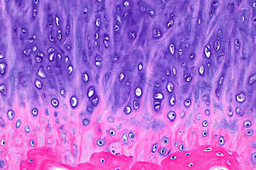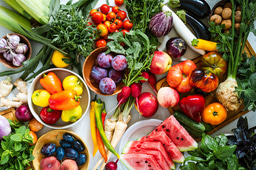Best-practice treatments post-COVID should take priority in research
Published in Social Sciences

Explore the Research

Treatment of 95 post-Covid patients with SSRIs - Scientific Reports
Scientific Reports - Treatment of 95 post-Covid patients with SSRIs
Best-practice treatments post-COVID should take priority in research
According to the WHO, more than 17 million people in the world suffer, of which more than 4 million suffer seriously. Post-Covid is an overreaction of the immune system. When your immune system is compromised, such as with autoimmune diseases and allergies, you are more likely to develop post-Covid. Women have also a greater chance. It concerns people who are in the middle of life: have children, are fully working, informal caregivers, volunteers, etc. So it has an enormous social impact. In our study among 95 post-Covid patients, the average age is 43.5 years. ¹
In Germany, more than 100 post-COVID expertise centers treat patients with old, safe remedies, as long as there is no specific, proven remedy. These medications are therefore prescribed off label (with a different official indication).
However, the Dutch Minister of Health is currently against the establishment of expertise centers in the Netherlands. He refers patients to medical specialists in regular hospitals. But the usual examination usually does not find anything post-COVID. So we often hear that specialists 'have no interest' in post-Covid and refuse patients. Patients receive no recognition this way. They then try all kinds of expensive alternative therapies that usually don't work.
However, many biomedical abnormalities have now been found in post-COVID: cortisol (stress hormone) levels have halved on average2, serotonin (neurotransmitter: chemical messenger between nerve cells) levels have halved on average3, the toxic waste products of an immunological pathway (Kynurenine pathway ) have doubled4, the IDO-2 enzyme is too high5, histamine (the substance that you also have too much of in case of allergies) is increased6, specific cytokines (immunological precursors) are increased7, the mitochondria (energy factories of the cells) in the muscles are functioning less8, the microbiome of the intestines is disturbed with fungal overgrowth9. etc..
The guidelines of medical associations generally do not recommend off-label medications. It can only be included in the guidelines if it appears to be effective for a specific indication through 'double-blind research'. Then the drug is evidence-based. That is generally a sensible arrangement. The consequence, however, is that even in the case of a new disease such as post-Covid, according to these guidelines you are not allowed to give existing, safe medicines to relieve certain symptoms. This is a distressing situation for patients who have been seriously ill, sometimes for three years.
Together with former head nurse Idelette Nutma, manager of the site www.sepsis-en-daarna.nl/eng, I have been recommending various remedies (with a solid biomedical basis) for 3 years now to 1000 to 1500 patients and their (GP) doctors.
- First of all, SSRIs, an antidepressant, which are used off-label here. We conducted an exploratory study on 95 patients in 2023 and 2/3 of them appear to benefit (much) from SSRIs, with the greatest reduction in neurocognitive symptoms. In our article in Nature Scientific Reports1 formulated seven mechanisms of action that are confirmed by other studies.2,3An SSRI is less effective for muscle problems, in which case we recommend the SNRI duloxetine.
- We also advise, among other things: antihistamines for ‘mastcell activation syndrome’ (H1 and H2 antagonists).
- N-acetylcysteine (NAC) or Fluimucil) for overstimulation and palpitations. There are three mechanisms of action for this.10 It stimulates the glutaminergic executive cells in the brain. Also in the prefrontal cortex and the ACC. Fluimucil produces the antioxidant glutathione (against oxidative stress) and reduces toxic KP metabolites (see figure 6 in our article). We advise 3 dd 600 mg (more than with tough mucus).
- Resveratrol (an AHR antagonist) to slow down the runaway Kynurenine pathway. 2 dd 100 à 200 mg.11
- In case of crashes (such as a sharp drop in blood pressure), temporarily use a nicotine patch.12
- Anti-fungal treatments and orthiflor to improve the microbiome in the intestines
- Etc. etc. etc.
So we do pro bono the same thing as the expertise centers in Germany, but without official (financial) support. Fortunately, there are many grateful patients!
Based on our experiences, I underline the great importance of post-Covid expertise centers. Not only in the Netherlands, but everywhere in the world. I would also like to ask the medical associations to provide more space for decent off-label treatments post-COVID. There are now too many patients who are unnecessarily abandoned. However, we are dealing with an exceptional problem that requires unorthodox measures.
And of course: RCTs into best practice medicines should have priority!
Carla Rus, MD, neuropsychiatrist
1.
https://www.nature.com/articles/s41598-023-45072-9
2.
https://www.nature.com/articles/s41586-023-06651-y.pdf
3.
https://doi.org/10.1016/j.cell.2023.09.013
4.
https://www.nature.com/articles/s41590-022-01396-8.pdf
5.
https://www.thelancet.com/action/showPdf?pii=S2352-3964%2823%2900294-3
https://www.ncbi.nlm.nih.gov/pmc/articles/PMC9903129/pdf/HSR2-6-e1109.pdf
7.
https://www.frontiersin.org/articles/10.3389/fcimb.2022.922422/full
8.
https://www.nature.com/articles/s41467-023-44432-3.pdf
9.
https://www.thelancet.com/journals/laninf/article/PIIS1473-3099(23)00685-0/fulltext
https://www.ncbi.nlm.nih.gov/pmc/articles/PMC10056493/pdf/vaccines-11-00555.pdf
10.
https://www.tijdschriftvoorpsychiatrie.nl/media/3/59-2017-3-artikel-rus.pdf
11.
https://www.ncbi.nlm.nih.gov/pmc/articles/PMC4863532/
Follow the Topic
-
Scientific Reports

An open access journal publishing original research from across all areas of the natural sciences, psychology, medicine and engineering.
Related Collections
With Collections, you can get published faster and increase your visibility.
Reproductive Health
Publishing Model: Hybrid
Deadline: Mar 30, 2026
Obesity
Publishing Model: Hybrid
Deadline: Apr 24, 2026




Please sign in or register for FREE
If you are a registered user on Research Communities by Springer Nature, please sign in